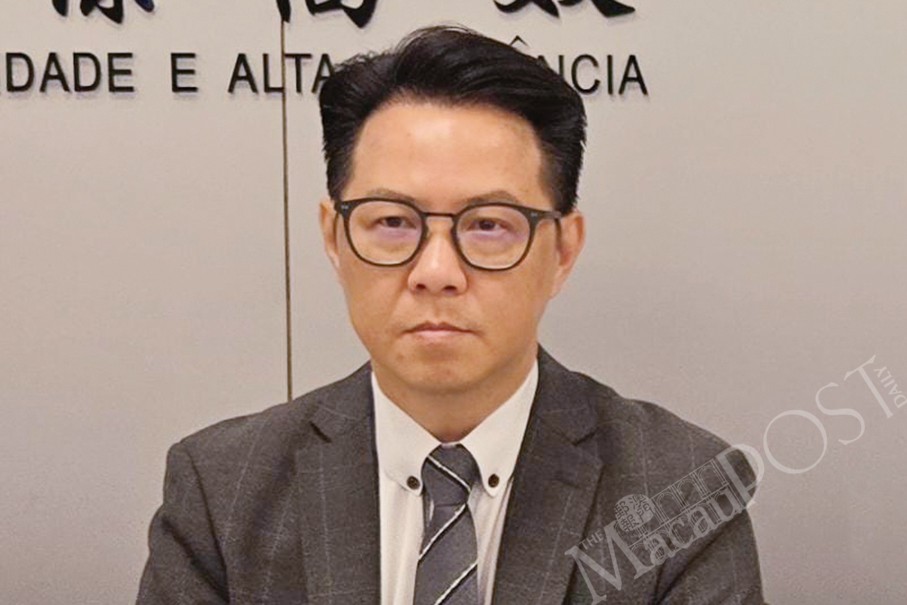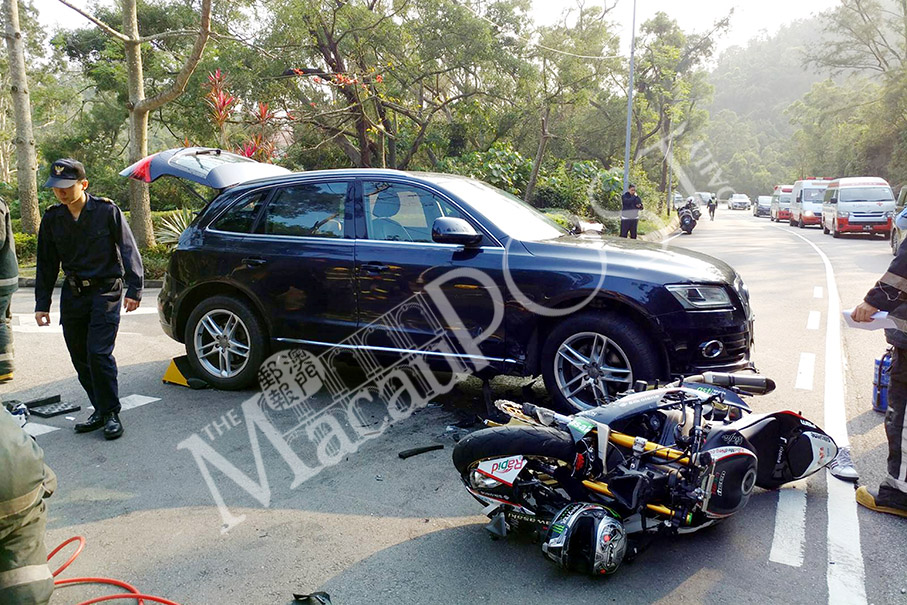Last week’s announcement by the Judiciary Police (PJ) that 31 local suspects in a massive credit card data scam include 13 university students and two secondary school pupils was not just startling but also worrying.
I was flabbergasted when I edited our reporter’s article about our city’s latest organised fraud case. How is it possible that university students are allegedly involved in swindling on a large scale? Did no-one teach them the difference between right and wrong? Of course, teaching of righteousness begins at home but it should be complemented by schools’ civic education lessons. Schoolchildren should be taught to be law abiding and love their country, and schooling is supposed to inculcate them with a profound distaste for a life of crime.
In my humble opinion, civic education has always been the Achilles’ heel of Macau’s school system. I believe that civic education starting in primary school is the best patriotic education that one can get, considering that the social cost of crime is huge.
Citizens, generally speaking, are keenly interested in criminality, both concerning true crime and crime fiction, perhaps also because evil fascinates many of us.
I am, for instance, an avid reader of detective novels such as Timothy Hallinan’s Poke Rafferty series of thrillers set in Bangkok.
Crime reporting has been one of the main ingredients of media coverage since mass-market newspapers’ emergence in the 19th century. Back in the early 1980s a hard-boiled editor in Hong Kong told me when I was still a media rookie that readers are ultimately interested only in the “3 Bs” of reportage: stories about babes, babies and baddies. There is a kernel of truth in his claim even though, I admit, it sounds rather antediluvian in the current era of political correctness which frowns upon on anything that could be construed as sexist or whatever.
Macau was stricken by gangland violence in the 1990s which earnt it the somewhat ill-suited epithet of “Chicago of the Orient” and, unsurprisingly, resulted in intense global media interest that tended to neglect other important matters such as our city’s preparations of its reversion from Portuguese to Chinese administration.
Thanks to a variety of factors – such as improved law enforcement and stricter discipline among the local security forces – violent crime in Macau has been reduced to probably one of the lowest rates worldwide. Our police deserve a round of applause for their success in almost eradicating criminal violence that had severely harmed Macau’s image.
Brazenness & gullibility
What is particularly worrisome is the spate of local fraud case in recent years, many of them involving the internet, property deals and casino VIP room accounts. The culprits’ brazenness in cheating their victims is mind-boggling and most of their victims’ gullibility even more so. For some weird reason, some local women seem to find online cheats masquerading as American petroleum engineers or GIs so irresistible that they wire them handsome sums of cash even though they never met their imaginary paramour in the flesh. Well, to be gender fair, I must add that some local male netizens also fall easy prey to purported sweetie pies.
Thanks to the Macau Public Security Forces’ growing “Eyes in the Sky” CCTV camera network, they have achieved pretty high clear-up rate for offences. While some residents have expressed concern about privacy issues, I think that the “Eyes in the Sky” are needed because of Macau’s position as a world centre of tourism and leisure. I have been told by foreign media colleagues that other international tourist destinations such as London and Monaco have also set up extensive CCTV camera networks.
Such as in matters of one’s personal health, prevention is also better than treatment in the area of public security – and it’s cheaper and less painful to boot.
In my view, more and better civic education classes – perhaps integrated into patriotic education lessons – are the right way to teach our youngsters that crime doesn’t pay, i.e., punishment rather than profit is the ultimate consequence of wrongdoing.
– Harald Brüning







